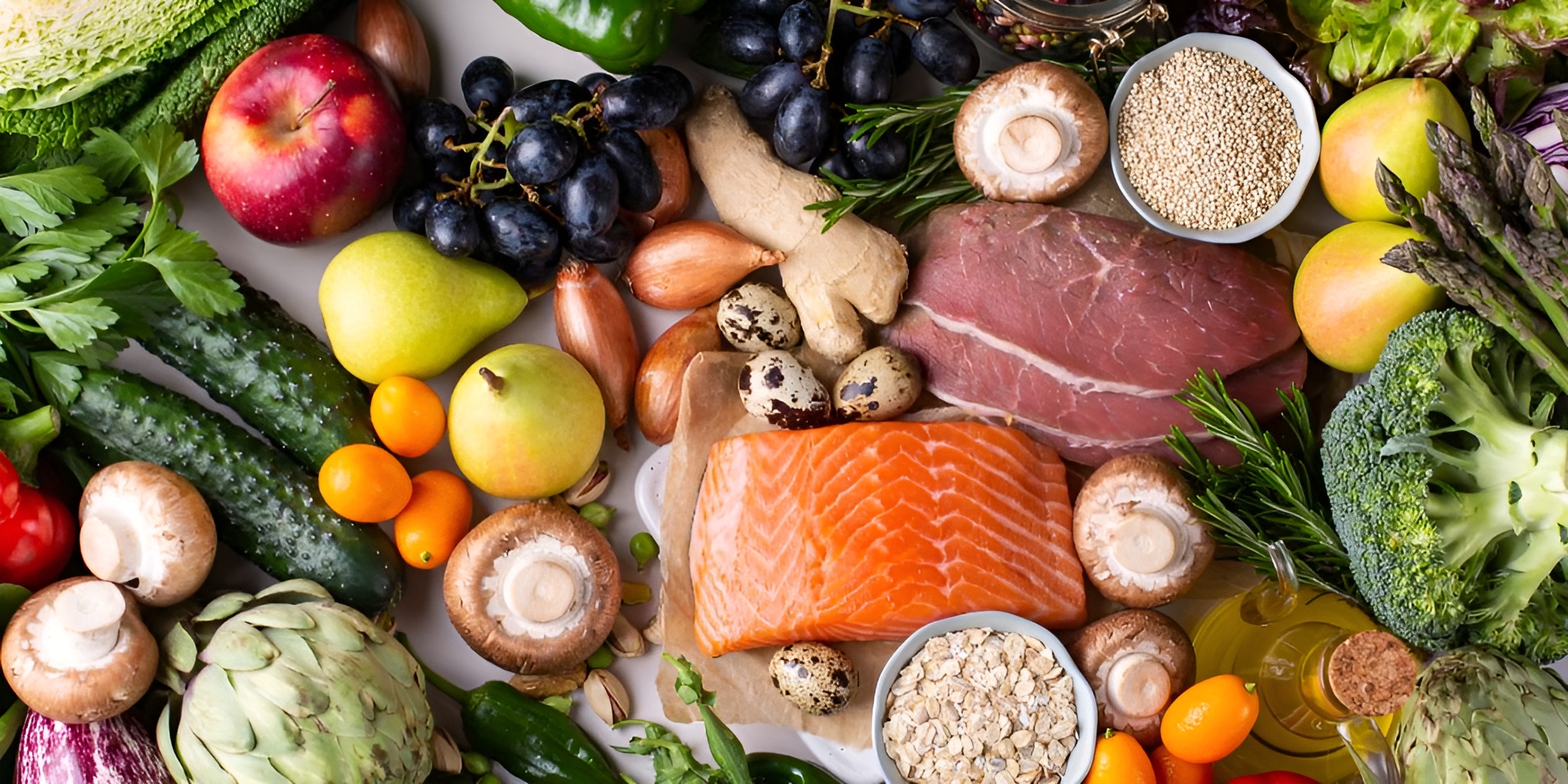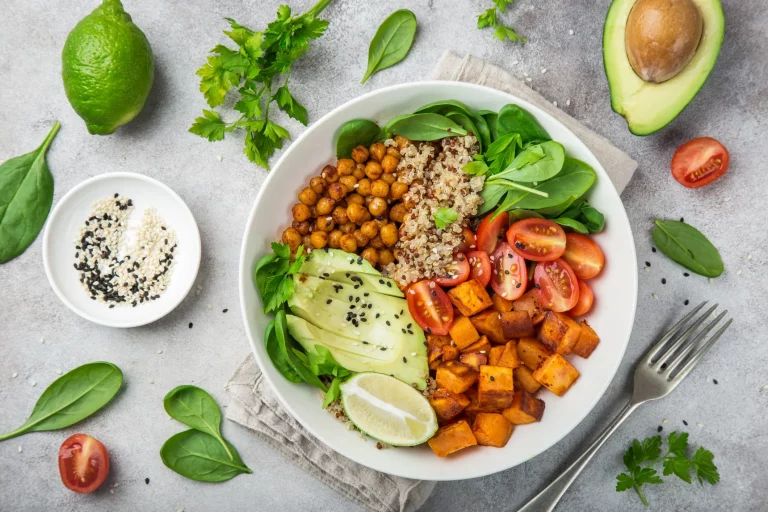Managing blood sugar is crucial for feeling your best and preventing long-term health concerns. Whether you’re looking to improve your energy levels, maintain consistent blood sugar throughout the day, or support overall well-being, the foods you eat can make all the difference. With the right choices, you can help keep your blood sugar levels stable without overcomplicating things. Here’s your ultimate guide to managing blood sugar with simple, actionable tips.
Why Blood Sugar Balance Matters
Your blood sugar levels fluctuate throughout the day, depending on what you eat and how your body processes those foods. When blood sugar spikes or dips too much, it can lead to feelings of fatigue, irritability, and difficulty concentrating. Over time, poorly managed blood sugar levels can contribute to more serious issues, such as insulin resistance or type 2 diabetes.
However, maintaining steady blood sugar doesn’t have to be complex. With mindful food choices and small lifestyle adjustments, you can easily support your body’s natural rhythm and avoid the negative effects of fluctuating blood sugar.
Foods That Help Stabilize Blood Sugar
When it comes to managing blood sugar, the right foods play a crucial role. These are some of the best options to help you stay on track and avoid blood sugar spikes:
- Leafy Greens
Vegetables like spinach, kale, and collard greens are low in carbohydrates and high in fiber, which can help slow the absorption of sugars. Plus, they’re full of vitamins and minerals that support overall health. - Whole Grains
Whole grains such as quinoa, barley, and oats are packed with fiber, which slows down the digestion of carbohydrates and helps prevent sudden increases in blood sugar. These grains also provide lasting energy throughout the day. - Nuts and Seeds
Almonds, walnuts, flaxseeds, and chia seeds are all high in fiber, protein, and healthy fats. These nutrients help slow sugar absorption, making them ideal for maintaining steady blood sugar levels. - Berries
Berries like blueberries, raspberries, and blackberries are rich in antioxidants and have a low glycemic index, meaning they won’t cause a rapid spike in blood sugar. They’re also packed with vitamins and are a delicious, healthy snack option. - Lean Proteins
Lean sources of protein, like chicken, turkey, tofu, and fish, can help maintain muscle mass and prevent blood sugar fluctuations by slowing down the release of glucose into the bloodstream. - Legumes
Beans, lentils, and peas are excellent sources of plant-based protein and fiber. They help keep blood sugar levels steady by slowing down sugar absorption and providing a feeling of fullness.
Foods to Limit for Better Blood Sugar Control
On the other hand, there are certain foods that can cause your blood sugar to spike and crash. Limiting these will help keep your levels stable throughout the day:
- Refined Carbohydrates
Foods like white bread, pasta, and pastries are made from refined flour, which digests quickly and causes blood sugar to rise rapidly. Opting for whole grain versions will provide more fiber and slow down digestion. - Sugary Drinks
Sodas, sweetened teas, and energy drinks are packed with sugar, which can cause a quick spike in blood sugar followed by a crash. Stick to water, herbal teas, or unsweetened beverages instead. - Processed Snacks
Many packaged snacks, such as chips, crackers, and cookies, contain unhealthy fats, sugars, and refined carbs that can lead to blood sugar imbalances. Choose whole, minimally processed foods when possible. - Fried Foods
Foods like french fries, fried chicken, and other deep-fried items are high in unhealthy fats that can impair insulin function and increase blood sugar levels. Opt for grilled or baked options instead.
Creating Balanced Meals for Stable Blood Sugar
The key to managing blood sugar is not just about avoiding certain foods, but about building meals that promote balance. Try to include a mix of fiber, protein, and healthy fats in every meal to help slow down sugar absorption and prevent spikes.
For example, a balanced lunch could include a grilled chicken salad with leafy greens, a serving of quinoa, and a handful of walnuts. This combination provides protein, fiber, and healthy fats, which will help keep your blood sugar steady and provide lasting energy.
Additional Lifestyle Tips for Managing Blood Sugar
- Exercise Regularly
Physical activity helps your body use insulin more effectively and can improve blood sugar control. Try to aim for at least 30 minutes of moderate exercise most days of the week. - Stay Hydrated
Drinking plenty of water throughout the day helps your kidneys flush out excess sugar. Staying hydrated also supports overall health, so aim to drink water consistently and avoid sugary beverages. - Get Enough Sleep
Quality sleep is essential for regulating blood sugar levels. Aim for 7-9 hours of restful sleep each night to support healthy blood sugar management. - Reduce Stress
Chronic stress can cause your body to release stress hormones that affect blood sugar regulation. Incorporating relaxation techniques such as meditation, yoga, or deep breathing can help manage stress levels and support better blood sugar control.
Final Thoughts
Managing blood sugar doesn’t require drastic changes or complicated diets. By focusing on whole, nutrient-dense foods and avoiding refined sugars and processed foods, you can support balanced blood sugar levels naturally. Along with regular physical activity, staying hydrated, and managing stress, these simple changes can have a big impact on your energy levels, overall health, and long-term well-being.
By making mindful food choices and lifestyle adjustments, you can take control of your blood sugar and feel better every day. Start incorporating these strategies today and see how small changes can lead to big results!


